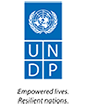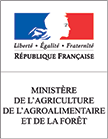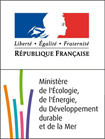2015 saw the agreement on Sustainable Development Goals, substantive commitments to Intended Nationally Determined Contributions (INDCs) and now a new international climate agreement is within our reach at COP21. Sustainable landscapes are at the heart of these efforts.
Despite the progress that has been made, it is clear that investments into sustainable landscapes have to increase. Traditional sources of development and conservation finance from public funds and philanthropy are not enough to address biodiversity loss, climate change and poverty.
But investments are not limited to finance: For a developing country, setting ambitious INDCs is a significant political investment. Both financial and political investments need to be accompanied by investments into science and research in order to track progress and assess policy impact.
The opening plenary of the 2015 Global Landscapes Forum will bring together leaders from policy, finance, the corporate sector, development and research to take a look at investments into sustainable landscapes that countries and private actors have already committed to – as well as the areas in which we need to scale up efforts.
Speakers will also share their expectations for the next two days and raise questions to be discussed within the 30+ breakout sessions taking place at the Forum.
Key questions addressed
- What do we know about the role of landscapes in climate and development?
- How do land-based sectors – forestry, agriculture, energy, water management and others – fit into a new climate agreement?
- How can we shape our global economy as well as national economies to better respond to climate challenges in landscapes?
- What drives financial institutions and corporates that invest in sustainable landscapes?
- What is the role of research and science? Which knowledge gaps can researchers help close?




































